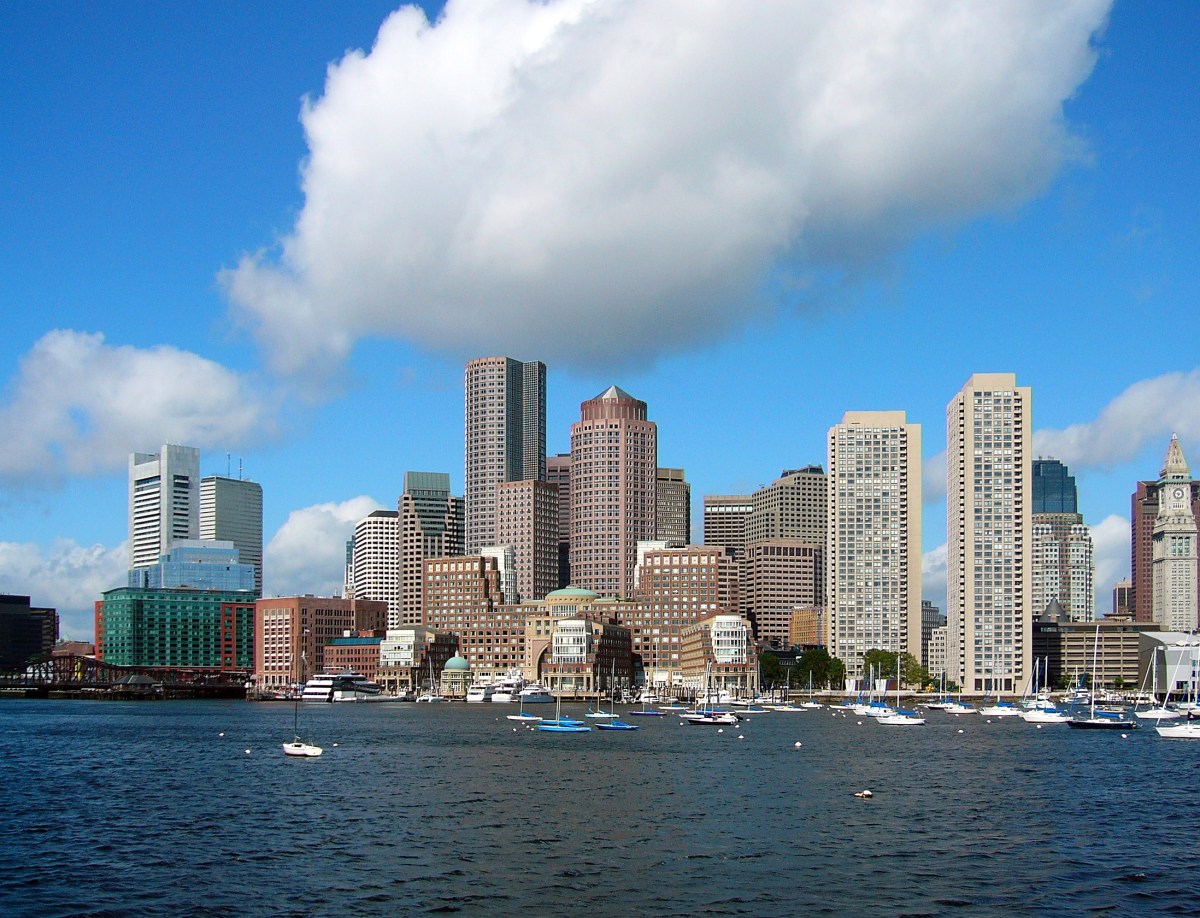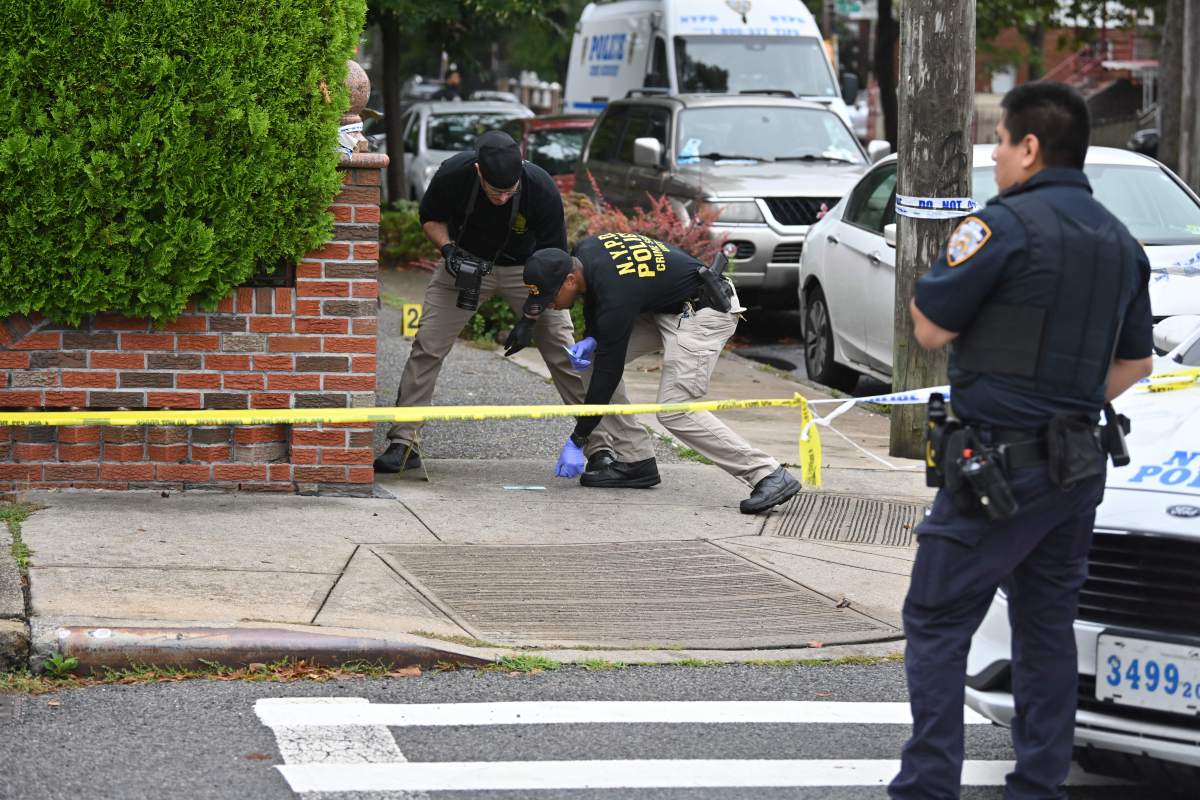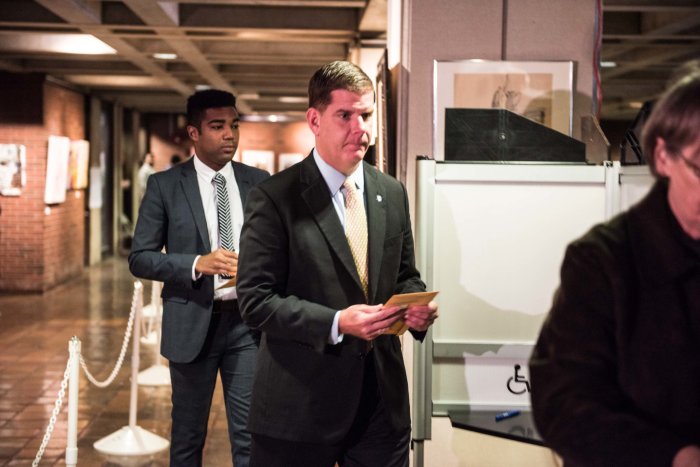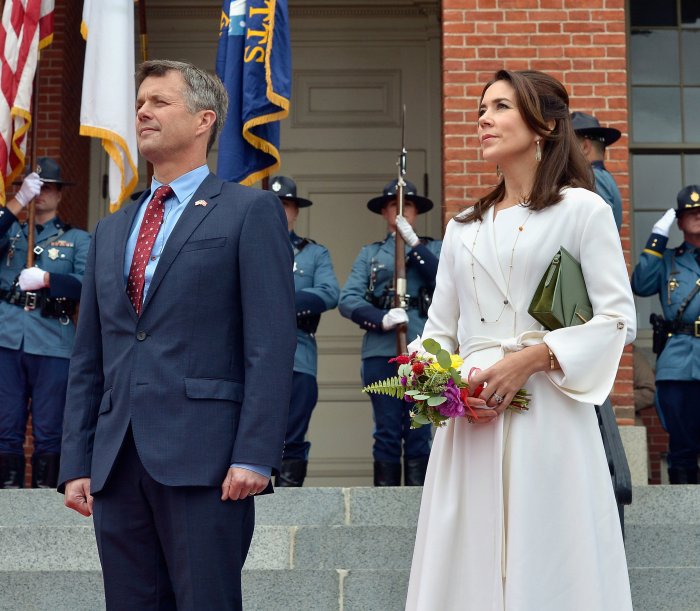Houston, Chicago, Los Angeles and other major cities have joined Boston and other cities to explore a potentially massive renewable energy procurement, Boston Mayor Marty Walsh announced Thursday at a climate summit.
At the International Mayors Climate Summit in Boston, Walsh urged other mayors to join the initiative. He plans to issue a request for information, likely this summer, aimed at compiling energy demand data from participating cities and asking energy developers for price estimates for renewable energy projects.
“If successful, this would save cities including Boston millions of dollars. It would create more middle-class clean-energy jobs than any other project in the history of the United States,” Walsh said. He said, “We can prove to the president that renewable energy can power America.”
President Donald Trump, who withdrew from the Paris climate accord last year, has recently ordered his energy secretary to take steps to assist struggling coal and nuclear power plants. Coal is a fossil fuel that contributes to global warming while nuclear produces carbon-free energy although environmentalists have raised concerns about the hazards of radiation.
The Trump administration has also levied new tariffs on solar panel imports and encouraged the development of offshore wind in addition to considering oil and gas extraction off the Atlantic coast.
The level of participation by cities and response from the industry to Walsh’s initiative will help officials get a sense of the scale of the procurement endeavor, according to Austin Blackmon, Boston’s chief of environment, energy and open space.
“The more cities that come on board, the larger the scale that we can do,” Blackmon said.
The purchasing power of the multi-city effort should bring down costs, according to Blackmon.
Hoping the scale of energy purchased would be measured in gigawatts or terawatts, Blackmon said he expects the energy would be generated by wind or solar facilities and they would not necessarily need to provide electricity directly to the municipal customers. Instead, cities could enter a “virtual power purchase agreement,” obtaining clean energy credits and helping reduce global emissions while financing a project that generates renewable energy for another part of the country, according to Blackmon.
Boston’s climate summit has been in the works for years. Walsh had planned to hold a similar event last year and blamed the Trump administration for dropping the ball on organizing it. In attendance at the conference held at Boston University on Thursday were Houston Mayor Sylvester Turner, whose city was flooded by Hurricane Harvey; Los Angeles Mayor Eric Garcetti and other mayors from around world.
“As the energy capital of the world, Houston will play a critical role in transforming the way we power the future,” said Turner in a statement.
Said Garcetti, “Cities wield the power to create demand and transform the energy market – and when we act together, we can show he world that environmental stewardship and economic prosperity go hand in hand.”
While the president formally withdrew the United States from the Paris agreement to limit global warming to below 2 degrees Celsius this century, mayors around the country have signed onto the goals of the climate accord. Thursday’s conference and the new initiative gave mayors a chance to trumpet their environmental policies and take swipes at the Republican White House.
“The Trump administration has buried its head in the sand on climate change, which is why we committed all of Chicago’s municipal buildings to 100% renewable by 2025,” said Chicago Mayor Rahm Emmanuel, who was chief of staff in the Obama White House, in a statement.
Cities can share data to assist in the request for information without committing to actually making a power purchase, according to Walsh. The first cities to join the initiative include Chicago; Evanston, Illinois; Houston; Los Angeles; Orlando, Florida; and Portland, Oregon.























